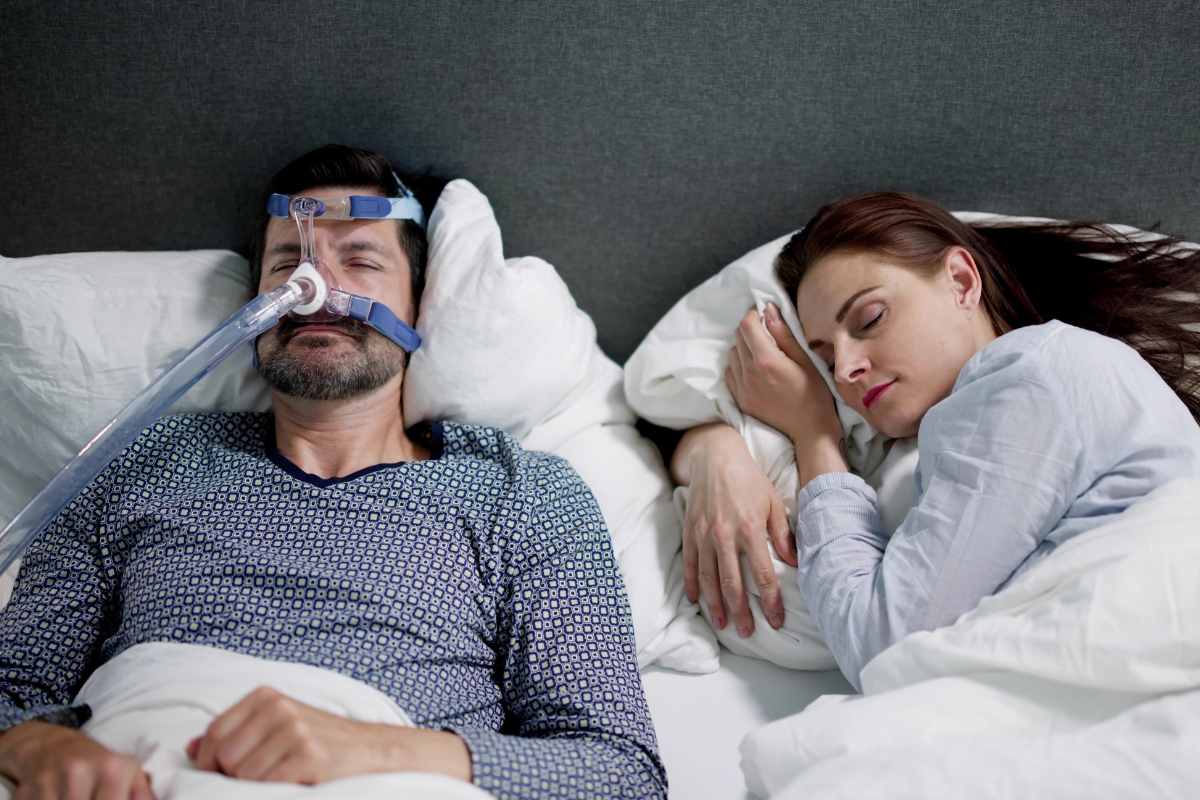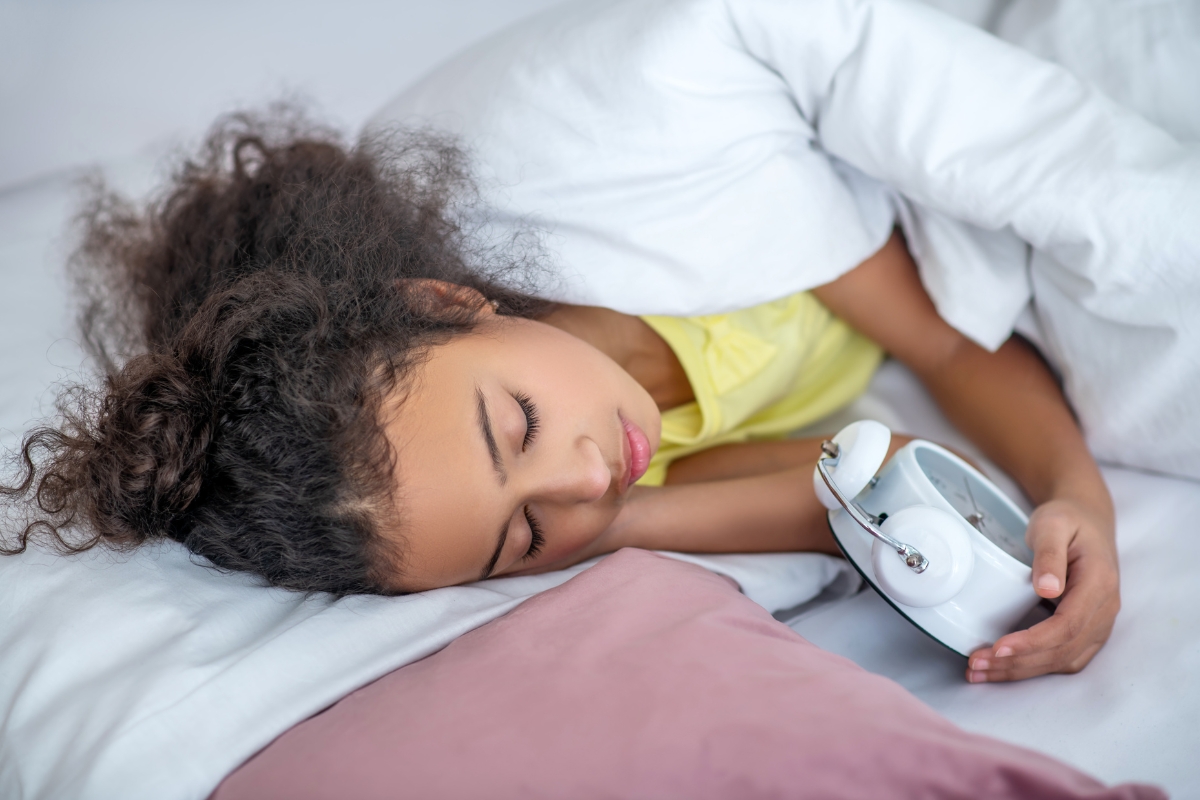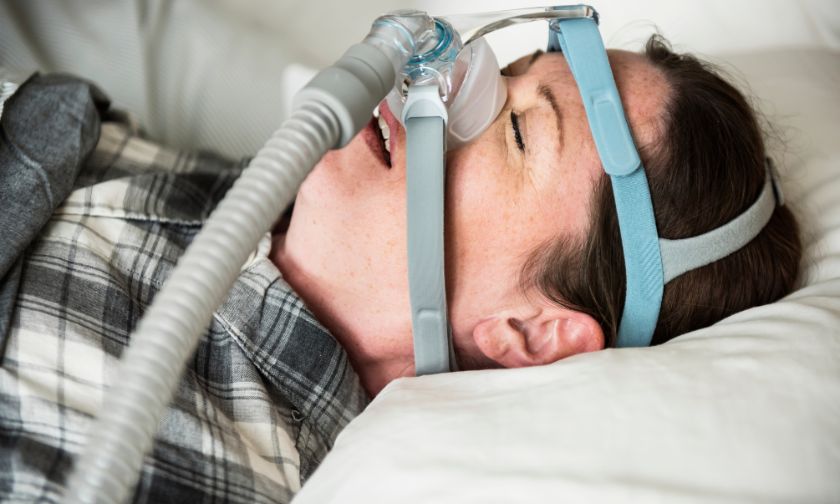Dr. Pak’s Complete Guide on Sleep Apnea for Patients

Sleep apnea waits in ambush but destroys sleep, work, and general well-being unobtrusively night after night. Millions innocently disrupted sleep indicate the presence of serious underlying dangers that demand immediate medical attention. Studies point to sleep apnea doubling the risk of lethal heart disorders and chronic fatigue.
Patients mistakenly attribute sleep apnea to normal snoring, ignoring the deadly dangers behind the silences. This blog offers causes, symptoms, risks, diagnosis, treatments, and patient strategies, as stated by Dr. Pak.
What Is Sleep Apnea?
Sleep apnea is the regular stopping and starting of breathing at night because of collapsing airways or brain signals. Obstructive sleep apnea is caused by the relaxation of throat muscles and close off airflow all night long. Central one is caused by the brain failing to send the proper signals to the breathing muscles. Complex sleep apnea is a combination of the above that creates special challenges for accurate diagnosis and long-term control.
Sleep apnea is snoring plus much more. It damages health, affects mood, and puts body systems at risk.
Common Signs and Symptoms
Recurring loud snoring remains the most common warning sign of possible sleep apnea formation. Stopping breathing with gasps, interrupting night sleep, are routinely faced by patients. Daytime drowsiness makes it difficult to concentrate at work and seriously increases the risk of accidents.
The symptoms also include morning headaches, irritability, dry mouth, and low energy levels. Proper sleep apnea treatment in Rocklin is significant for better overall health. Ignoring early symptoms allows undetected health complications to form uncontrollably without early diagnosis.
What Causes Sleep Apnea?
Airway restriction due to swollen tonsils, jaw structure, or tongue posture typically leads to sleep apnea. Overweightness leads to excess tissue in the throat, which further narrows the airway and exacerbates sleep apnea severity.
Alcoholism, smoking, and improper lifestyle are tendencies that increase opportunities to become a victim of sleep apnea. Genetic predisposition and growing age also increase risks and make screening crucial for early detection.
Diabetes and high blood pressure are diseases that are hugely associated with the advancement without treating sleep apnea.
Health Risks of Untreated Sleep Apnea
Untreated sleep apnea increases the risk of heart disease, stroke, and irregular heartbeat. Patients are at increased risk for developing Type 2 diabetes with untreated high blood pressure.
Sleep apnea accounts for memory issues, cognitive impairment, and increased risk for depression. Mood disorders become aggravated because interrupted sleep reduces resistance to emotional and daily stressors. Quality of life severely deteriorates when sleep apnea goes untreated or is undiagnosed in patients.
How Sleep Apnea is Diagnosed
Sleep apnea diagnosis begins with consultation, health and symptom history, and possible contributing risks. Physicians will typically refer a sleep study, known as polysomnography, to be done at home or in a clinic.
The test tracks breathing, brain waves, oxygen, and heart rate during patients’ sleep time. Dentists may identify oral signs of sleep apnea and collaborate with physicians for diagnosis. Multidisciplinary care ensures proper sleep apnea treatment in Rocklin tailored to each patient’s unique case.
Treatment of Sleep Apnea
CPAP Therapy
CPAP therapy is air pressure delivered by a mask to keep airways open. It enhances the quality of sleep, reduces risks, and increases daytime energy overall. Restrictions include discomfort due to masks, but adjustments and humidifiers are utilized to increase compliance rates.
Oral Appliance Therapy
Dentists prescribe oral devices that move the jaw or tongue to keep the airway unobstructed. They work for mild and moderate sleep apnea and offer portability and comfort.
Surgical Options
Surgery is indicated when sleep apnea is refractory to other treatments or structural issues dominate. Some procedures are UPPP, Inspire device placement, or jaw realignment to expand the airway.
Lifestyle Modifications
Weight loss minimizes sleep apnea severity by shortening airway obstruction caused by excess tissue. Patients are encouraged to stop drinking, smoking, and sleep on their sides rather than their backs for improved airflow.
Sleeping with Sleep Apnea: Patient Tips
Having a consistent bedtime routine enhances control of sleep apnea and overall night sleeping. Patients need to maintain treatment, wearing CPAP or devices as instructed daily. Partners help out by reporting symptoms, making medical follow-up visits, and helping with lifestyle modifications.
Rescheduling frequent visits guarantees regular review of the effectiveness of sleep apnea treatment and improvement. The presence of a supportive environment markedly improves patient success in the long-term treatment of sleep apnea.
Sleep apnea is serious but treatable when treated with professional evaluation and treatment approaches. It dismisses future health, mood, and workday productivity more than people expect.
Schedule a visit with Dr. Pak to talk about customized treatments and sleep through the night again.



